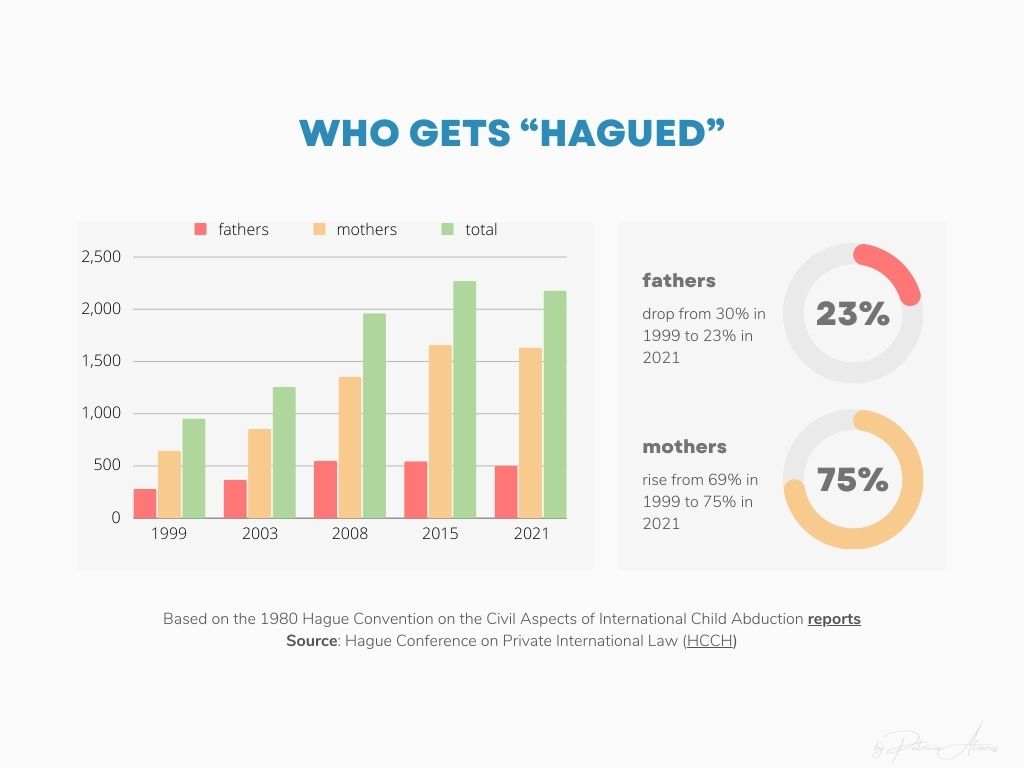February 28, 2024 | by Patrícia Álvares for WMC
When Carolina Gouveia brought her newborn, Chris, from Canada to her native Brazil, she had no idea she was violating an international treaty.
Gouveia had gone to Canada to study English when she met Chris’ father in British Columbia and fell in love. But a month after her son was born in 2017, Gouveia filed for divorce. According to court records, she had reported domestic violence at least twice during her pregnancy.
Gouveia was still on a student visa at the time, so she was provided with public counsel, who told her that, given her isolation and lack of support in Canada — and her fear of living in proximity to her ex-husband — she could leave.
“The lawyer told me I could go back to my country with Chris and then request his custody from there,” she told WMC Women Under Siege. Gouveia was Chris’ primary caregiver at the time and was in the process of formally applying for sole guardianship in Canada when she went to Brazil, trusting the counsel she was given.
Her lawyer was not aware of the Hague Convention.
The 1980 Hague Convention defines international child abduction as…
